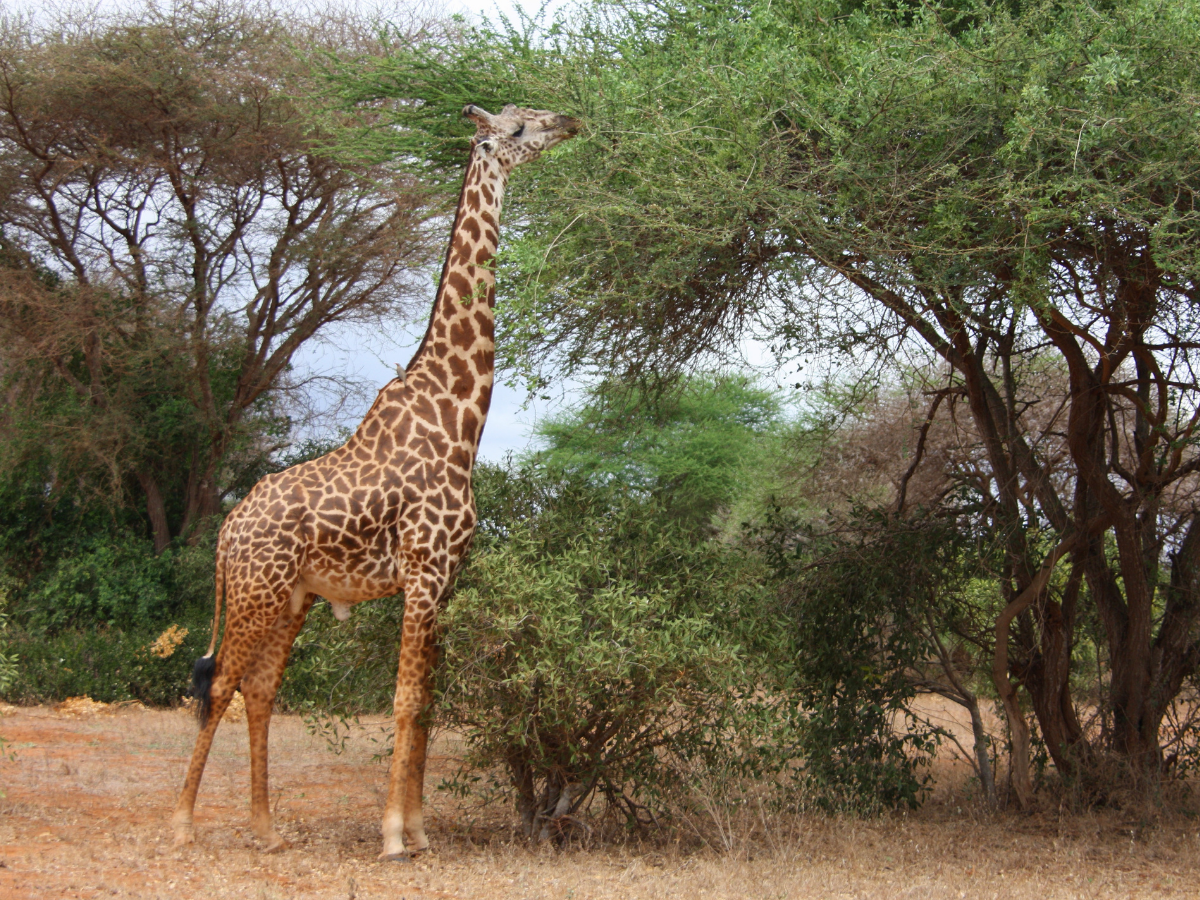
Don’t Starve With Wild Animals; Kill and Eat Them
- Category: Peering Eye
- Date 29-01-2006
- 671 views
Why should man be the first to surrender in a battle between humans and beasts? Press reports have indicated that somewhere in the country, the long running drought has touched off a nasty confrontation between humans and beasts.
Weeping for the beasts afflicted by prolonged dry spells and food shortages in their hidey-holes in northern Tanzania, the managing director of Grumet Reserves Ltd, Rian Labuschagne exhibits solemn concern for wildlife if these conditions endure. He has lamented that the drought has forced the scorched and starving animals, causing them to wander out of protected areas in search of food, often finding it where people live and thus risking conflict with humans.
The animals of Serengeti have been squeezing themselves in places such as Sabora plains and Sasakwa hills where there is some grass and a few ponds. However because they walk long distances in search of grass and water, they suffer from malnutrition, whereby the young, the aged and the sickly inevitably die. Worse still, poachers have reportedly walked into the villages invaded by starving wild animals, to do God-knows-what.
No person should die of hunger today. Early man knew nothing of modern farming, but history reveals that our ancestors never starved to death. They were creative in approach, collecting woodland fruits, digging up roots of uncultivated plants, and sometimes feeding entirely on shrubbery leaves, if no fancy edibles were available. Added to this was their hunting expeditions, killing undomesticated animals to augment their diets.
In the context of the circumstances, the men and women of old were happy and comfortable with what was available for them to survive. Like we have today’s poverty-socked citizens living contentedly in their villages and slums, so did the early man exist cheerfully, knowing nothing of today’s skyscrapers, sausages or fancy garments. If whatever they possessed was not good enough, it merely required slight improvement as opposed to comprehensive overhaul.
We cannot have any sort of nostalgia today about such a past of noticeable desolation, when beasts and humans shared everything from bush lodgings and total nakedness to eating uncultivated food. The point in time when the only difference between animals and persons could be perfectly discerned only by the creator. I do not wish to have been part of such a past.
My admiration for the Stone Age humans stops at their ability to hold out to very harsh conditions, exceedingly incomparable with our modern circumstances. They did not only survive but they also multiplied – through births – to leave behind countless generations and offspring, including you and I.
What a wretched lot we are, weeping again and again about some starving sections of the population – our own ilk. There are no adequate rains. Yet our agriculture lessons at school inform us of the importance using fertilisers in farming. Does a common farmer have ability to acquire and apply fertiliser? Meteorologists always sound the alarm, being able to foresee weather conditions and pronounce the open alternatives. Do we ever heed and prepare.
There are many water sources all over country and we are aware of the importance and practice of irrigation. Thousands of years ago, the Egyptians practiced irrigation with monumental success and fed themselves.
What is more, they completely relied on a single running river – the Nile – pouring into the Mediterranean Sea. With all the modern technology at our disposal thousands of years later, coupled with massive water bodies all over, we are seated resignedly in the face of drought, and beginning to compete with wild beasts over foodstuff.
Our status being as it is, threatened by drought and consequent famine, we have an option gawking widely at us. The straying of animals from their natural place of abode into human quarters is not only an act of provocation, but it is also a self-served dish. I’d rather they starving communities hunted and fed on the roaming monsters till the famine season is over instead of losing human lives.
By Venansio Ahabwe
Source: Peering Eye, Sunday Citizen
